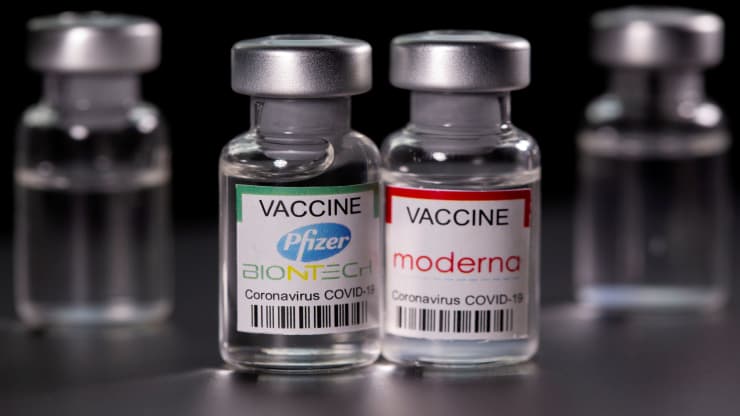This post has been read 1593 times!
 The agency will narrow its approval for updated coronavirus vaccines, marking a significant shift in the agency’s approach to green-lighting shots that have been recommended broadly to the public.
The agency will narrow its approval for updated coronavirus vaccines, marking a significant shift in the agency’s approach to green-lighting shots that have been recommended broadly to the public.
Washington Post By Rachel Roubein and Lena H. Sun
May 20, 2025
The Food and Drug Administration unveiled plans Tuesday to narrow its approval for updated coronavirus vaccines to older adults and people with at least one health condition that puts them at high risk for severe disease, marking a significant shift in the agency’s approach to green-lighting the shots.
The new guidelines indicate updated vaccines will probably be available in the fall for Americans over the age of 65, as well as those older than 6 months who have at least one condition putting them at higher risk of severe illness, as well as people with conditions such as asthma, diabetes, cancer and obesity, in addition to pregnant women. Top FDA leaders estimate more than 100 million Americans would be eligible for the shots under the new framework. In past years, the shots have been broadly recommended, including to children and otherwise generally healthy Americans.
FDA Commissioner Marty Makary and Vinay Prasad, who was recently tapped as FDA’s top regulator of vaccines, detailed the new approach in a New England Journal of Medicine article released Tuesday morning. The change — which top Trump health officials had earlier forecast in vaguer terms — comes just two days before the agency’s independent advisers are set to make recommendations on selecting the formula that vaccine makers should use to potentially adjust their shots to target the strain of the coronavirus currently circulating in the country.
The new framework will also require vaccine makers to conduct a randomized controlled trial before the agency signs off on a coronavirus shot for healthy people between the ages of 6 months and 64 years. When possible, the agency will “encourage manufacturers” to complete such trials after they get the agency’s approval for a vaccine for high risk groups, a potentially expensive endeavor.
“The FDA will approve vaccines for high-risk persons and, at the same time, demand robust, gold-standard data on persons at low risk,” Makary and Prasad wrote. “These clinical trials will inform future directions for the FDA, but more important, they will provide information that is desperately craved by health care providers and the American people.”
About 74 percent of adults have at least one condition that puts them at higher risk of severe illness from covid-19, according to the Centers for Disease Control and Prevention.
Prasad recently replaced Peter Marks, an architect of the U.S. program to rapidly develop coronavirus vaccines whom the Trump administration forced out in late March.
